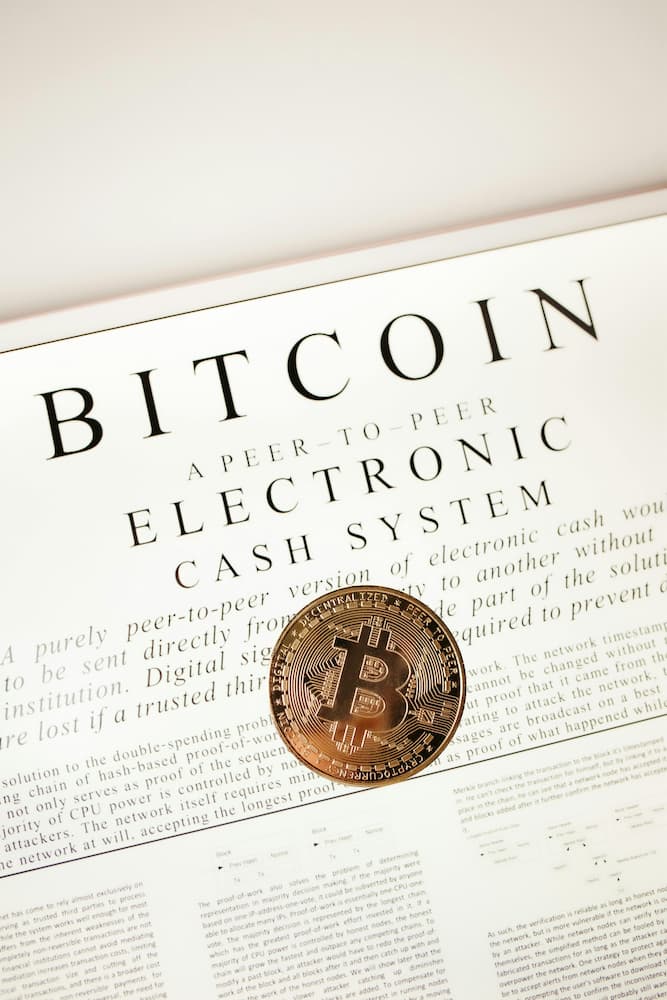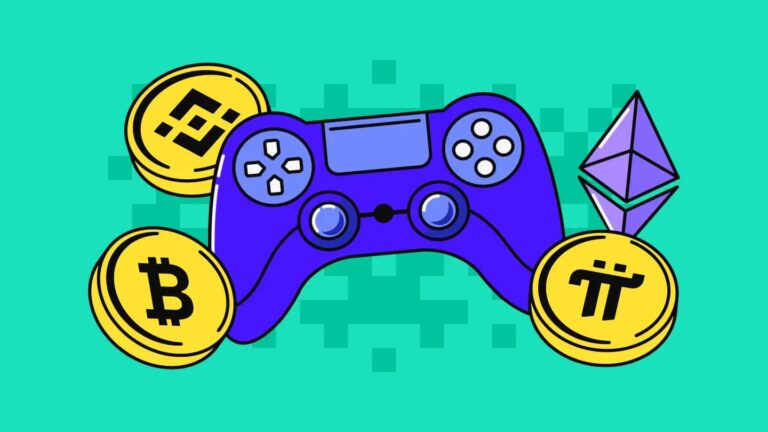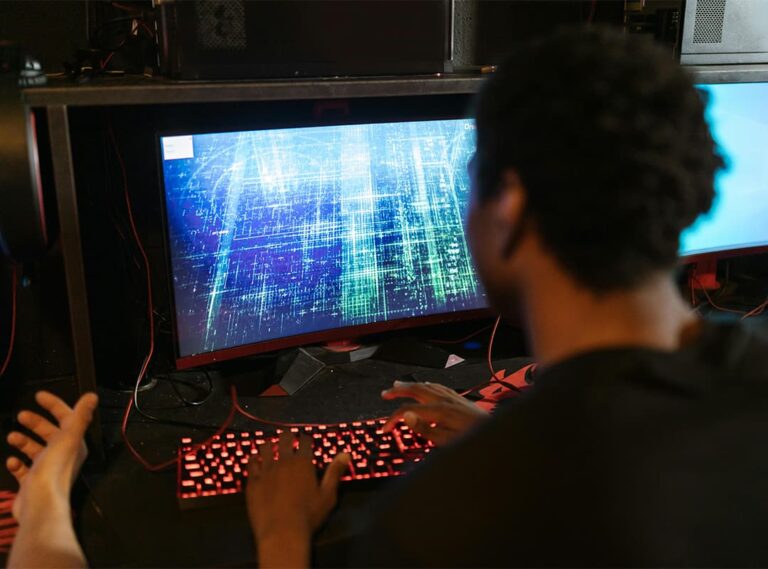Blockchain gaming has emerged as a revolutionary force in the world of esports, blending competitive gaming with decentralized technology. Unlike traditional esports, blockchain-based tournaments offer players true ownership of in-game assets, transparent prize pools, and innovative play-to-earn (P2E) models.
In this article, we’ll explore some of the top blockchain esports tournaments, showcasing how they are reshaping the competitive gaming landscape.
1. Axie Infinity World Championship
Game: Axie Infinity
Why It’s Popular:
- Axie Infinity, one of the pioneers of blockchain gaming, has established itself as a leader in the P2E space. Its tournaments bring together skilled players who battle with their Axie teams to win significant rewards.
- Prize pools are funded through a combination of community contributions and in-game economics.
Notable Features:
- The championship highlights both strategy and team-building skills.
- Winners earn Smooth Love Potion (SLP) tokens, governance tokens (AXS), and rare NFTs.
Key Takeaway:
Axie Infinity tournaments have elevated blockchain gaming to global prominence by combining esports with real-world economic incentives.
2. Gods Unchained World Championship
Game: Gods Unchained
Why It’s Popular:
- Gods Unchained is a blockchain-based trading card game that emphasizes skill over luck, making it ideal for esports.
- Its tournaments attract professional players who compete using NFT cards, each with unique attributes.
Notable Features:
- Matches are highly strategic, requiring deep knowledge of card combinations and tactics.
- Players can trade their NFT cards, adding an extra layer of strategy and value to their collections.
Key Takeaway:
The competitive scene of Gods Unchained merges traditional TCG esports with blockchain technology, offering players both prestige and asset ownership.
3. The Sandbox Game Jams
Game: The Sandbox
Why It’s Popular:
- Unlike traditional esports, The Sandbox focuses on creativity and innovation. Its Game Jams challenge participants to design and build unique experiences using the platform’s tools.
- Winners earn prizes in SAND tokens and have their creations featured in the broader Sandbox metaverse.
Notable Features:
- Combines competitive spirit with artistic expression.
- Encourages community participation and highlights the potential of user-generated content.
Key Takeaway:
The Sandbox demonstrates that esports isn’t just about battling—it’s also about creating and innovating within virtual worlds.
4. Zed Run Digital Horse Racing Tournaments
Game: Zed Run
Why It’s Popular:
- Zed Run transforms traditional horse racing into a blockchain-based esport where players breed, own, and race digital horses.
- The platform has gained popularity for its blend of strategy, gambling, and collectible NFTs.
Notable Features:
- Each digital horse is an NFT with unique traits affecting its performance.
- Prize pools are often substantial, supported by entry fees and sponsorships.
Key Takeaway:
Zed Run offers a unique take on esports by gamifying virtual horse racing with blockchain technology.
5. Illuvium Esports Tournaments
Game: Illuvium
Why It’s Popular:
- Illuvium is a blockchain-based auto-battler game where players compete using teams of collectible creatures called Illuvials.
- Its stunning graphics and competitive gameplay have made it a favorite in the blockchain gaming community.
Notable Features:
- Illuvials are NFTs, and their rarity affects their strength and value.
- The game combines strategy and resource management, appealing to competitive players.
Key Takeaway:
Illuvium tournaments showcase the potential of blockchain gaming to rival traditional esports in complexity and production quality.
6. Splinterlands Tournaments
Game: Splinterlands
Why It’s Popular:
- Splinterlands is a blockchain-based card game with a thriving competitive scene. Its regular tournaments attract players worldwide, offering substantial rewards.
- Matches are fast-paced, and players need to adapt their strategies based on randomly generated conditions.
Notable Features:
- Prize pools often include DEC tokens and rare cards.
- The game emphasizes accessibility, allowing players to rent cards for tournaments.
Key Takeaway:
Splinterlands has built a sustainable esports ecosystem by balancing accessibility with competitive depth.
7. Myria’s Esports Initiatives
Game: Multiple Titles
Why It’s Popular:
- Myria is a blockchain gaming platform that hosts tournaments across various titles built on its ecosystem.
- The platform’s focus on interoperability and low-cost transactions makes it appealing to both players and developers.
Notable Features:
- Myria tournaments often feature substantial prize pools in tokens and NFTs.
- Events bring together a diverse array of games, fostering a unified esports community.
Key Takeaway:
Myria’s approach to blockchain esports emphasizes ecosystem growth and cross-game compatibility.
Why Blockchain Esports Are Unique
1. True Asset Ownership
- Players own their in-game items as NFTs, which can be traded or sold outside the game.
- This creates a real economic stake in the tournaments.
2. Transparent Prize Pools
- Blockchain technology ensures that prize distribution is transparent and immutable, building trust among participants.
3. Community-Driven Models
- Many blockchain esports ecosystems involve the community in decision-making, such as voting on tournament rules or prize structures.
4. Innovative Game Mechanics
- Blockchain games often introduce new mechanics, such as play-to-earn or asset interoperability, that enhance competitive play.
Challenges Facing Blockchain Esports
While blockchain esports offer many advantages, they face challenges such as:
- Scalability Issues: High transaction fees and slow processing times can hinder participation.
- Perception Problems: Some players and organizations remain skeptical about the legitimacy and sustainability of blockchain gaming.
- Accessibility: The high cost of entry in some games (e.g., purchasing NFTs) can limit participation.
Blockchain esports are carving a niche in the competitive gaming world by offering unique opportunities for players to own, earn, and compete on a decentralized stage. While the industry is still evolving, tournaments like those in Axie Infinity, Gods Unchained, and The Sandbox demonstrate the potential of blockchain technology to revolutionize esports.
As technology matures and adoption grows, blockchain-based tournaments are poised to become a significant part of the global esports ecosystem, blending traditional competitive gaming with the power of decentralized ownership and innovation.









